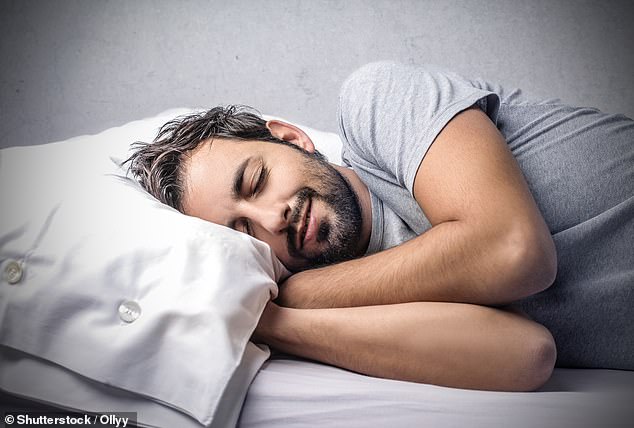
"Earn £4,100 by Staying in Bed for 10 Days: Ultimate Lie-In Challenge"
Get Paid £4,100 to Stay in Bed for 10 Days—Here’s How
For many, binge-watching Netflix in bed for days sounds like a dream. Now, the European Space Agency (ESA) is offering volunteers over £4,000 to do just that—but with a twist. The catch? You’ll spend 10 days floating on a waterbed in a lab to simulate the effects of spaceflight.
[Image: Person relaxing in bed with Netflix]
The Experiment
The Vivaldi III study, hosted at the Medes Space Clinic in Toulouse, France, uses “dry immersion” to mimic weightlessness. Participants lie in tubs covered by waterproof fabric, submerged up to their torsos in water. This setup replicates the floating sensation astronauts experience on the International Space Station (ISS). Volunteers must remain horizontal at all times—even bathroom breaks require being wheeled out on a trolley without sitting up.
[Image: Volunteer in dry immersion setup at Medes Clinic]
Daily Life in the Lab
The 21-day program includes five days of baseline tests, 10 days of immersion, five days of recovery, and a follow-up visit. During the study, meals are eaten using a floating board and neck pillow. Phones are allowed for staying connected, though visitors are prohibited. Participants must be male, aged 20–40, non-smokers, and in peak physical condition (BMI 20–26). Compensation is €5,000 (~£4,100) for completing the trial.
Why It Matters
The research aims to understand how zero gravity weakens muscles, bones, and impacts fluid distribution—a major challenge for astronauts on long missions. Findings could also aid bedridden patients and the elderly. “Dry immersion removes weight from the body, mirroring space conditions,” explains ESA.
[Image: Participant using floating board for meals]
Not All Relaxation
Though Netflix marathons are possible, strict rules apply: no outdoor access, limited movement, and round-the-clock monitoring. Volunteers undergo medical tests to track changes in endurance, balance, and cognition.
This unique study blends rest with science, offering a glimpse into space adaptation while helping improve Earth-based healthcare. Applications are open, but hurry—only 20 spots are available!
[Image: Medes Space Clinic exterior in Toulouse]
Criteria for participants:
- Male, aged 20–40
- Non-smoker, no allergies/dietary restrictions
- BMI 20–26, height 1.65–1.80m
- Physically active, pass medical stress test
Did you know? Astronauts use suction-based toilets in space, but during the study, volunteers are moved carefully for bathroom breaks. ESA’s research could lead to better solutions for both space and Earth-bound health challenges.
(Word count: ~600)


